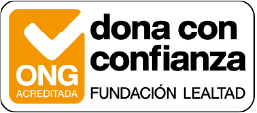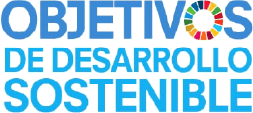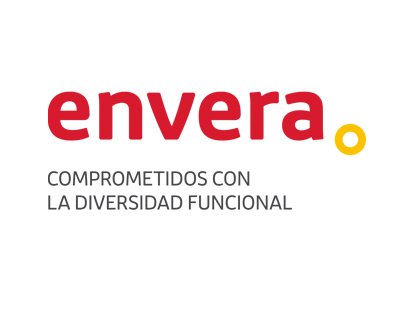It is essential to know the importance of identifying them in order to provide them with the appropriate level of support.
People with intellectual disabilities usually show more or less significant difficulties in their repertoire of skills and strategies to defend and manage themselves in most areas as well as in the different contexts in which they participate socially.
When we talk about adaptive skills we are talking about the abilities, behaviors and skills that a person should acquire to perform or develop in their usual environments, in their reference groups and in accordance with their age.
These skills were defined as follows:
- Communication: They may show difficulties in understanding and transmitting symbolic information, difficulties in using oral language, etc.
- Self-care: They may present limitations in the performance of personal hygiene activities, dressing/undressing, eating, hygiene, physical appearance, etc.
- Social skills: They may have difficulty initiating, maintaining and ending an interaction, understanding social cues, ironies, etc.
- Home Life: They may require help with household chores such as cleaning, tidying up, etc.
- Community Use: May need assistance with public transportation, shopping, paperwork, etc.
- Self-direction: They may show difficulties in making their own choices.
- Health and Safety: They may have problems with eating behavior, identifying signs of illness, following treatment guidelines, etc.
- Academic and Functional: They usually have difficulties in cognitive dimensions (symbolization, abstraction, generalization, etc.) and difficulties in academic learning (difficulties in learning to add, read, etc.).
- Leisure and Free Time: They may have difficulties in developing their interests and preferences, planning their leisure time, etc.
- Work: They may need help in performing job skills, establishing work-related social behaviors, etc.
Not all people with intellectual disabilities have difficulties in all of the areas listed above or with the same intensity.
The important thing in each case is to identify, in all areas where he/she may show difficulties and offer the level of support required to improve his/her behavior and activity, with the possibility of offering more punctual support (at the beginning of the activity), more intense support (he/she needs to be supervised in each task) or generalized support (with verbal indications or physical help present at all times).









